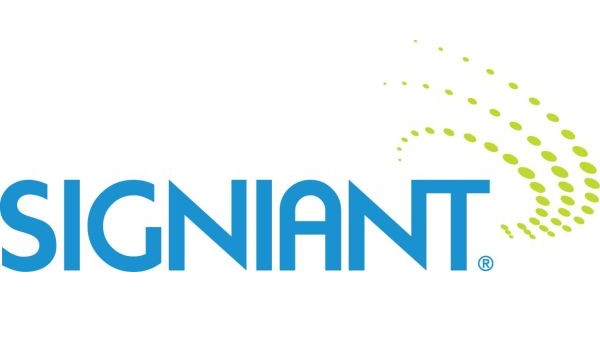Martin agrees to Copps’ request for limited DTV field tests
The professional video industry's #1 source for news, trends and product and tech information. Sign up below.
You are now subscribed
Your newsletter sign-up was successful
Responding to a call from FCC commissioner Michael Copps for field tests of digital television before next year’s transition, chairman Kevin Martin said March 3 he would ask the DTV Task Force to coordinate DTV trials aimed at identifying potential problems.
In his public letter to the chairman, Copps said that such tests would allow time for the commission to “make inevitable mid-course adjustments” required to ensure the success of the DTV transition.
While stating a preference for actually switching a small number of markets to digital prior to the deadline to test the system, Copps said at a minimum limited DTV field testing should be conducted with individual, volunteer households that switch early to digital reception in an effort to “provide critical insights into many of the issues that consumers will face."
The same day Copps made his request, Martin responded publicly in a letter agreeing to conduct limited DTV field trials. The DTV Task Force will be assigned the duty of coordinating with various stakeholders in the DTV transition to conduct the tests “in a timely fashion,” Martin said in his letter.
In his letter, Copps expressed concern about several issues, including DTV reception, the need for some viewers to replace antennas, cable and satellite passthrough of DTV signals, installation of home DTV equipment, how DTV closed-captioning and V-chip functionality performs, and consumer reaction to digital television.
In the letter, Copps referenced the recent controversy regarding DTV reception beyond 35mi from broadcast antennas. Questions about DTV reception surfaced last month with the release of a study from research firm Centris. While the industry has disputed the study’s findings, Copps advised that the best way to resolve the matter would be through field trials “in markets with various topographies, at various distances, and with various home antenna options.”
Centris welcomed the news of DTV field testing as “an encouraging development.” In a statement released to the media March 6, the research firm said it has sought to promote discussion nationally, regionally and locally regarding DTV reception “and the need for consumers to consider antenna upgrades.”
The professional video industry's #1 source for news, trends and product and tech information. Sign up below.
For more information, visit: www.fcc.gov.
